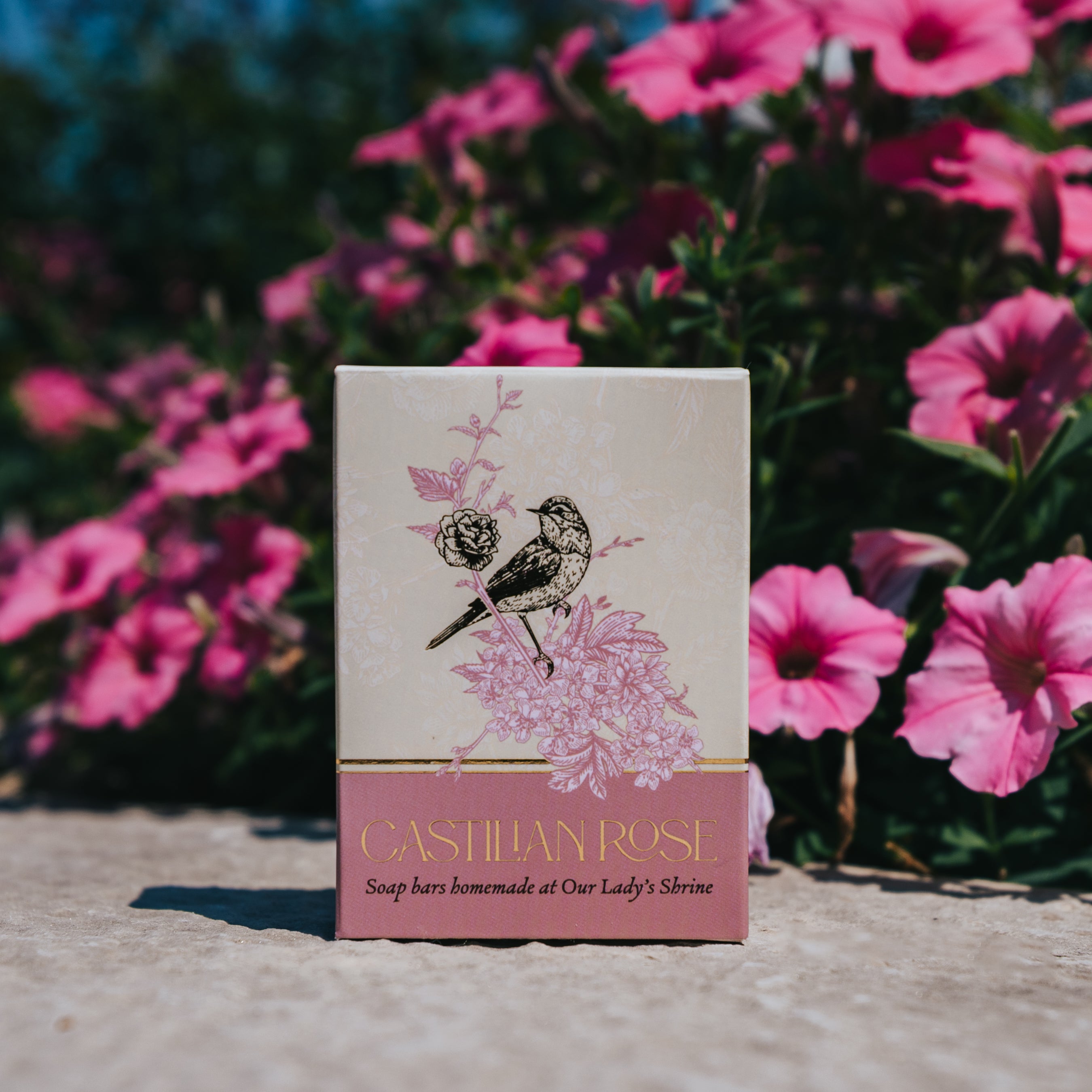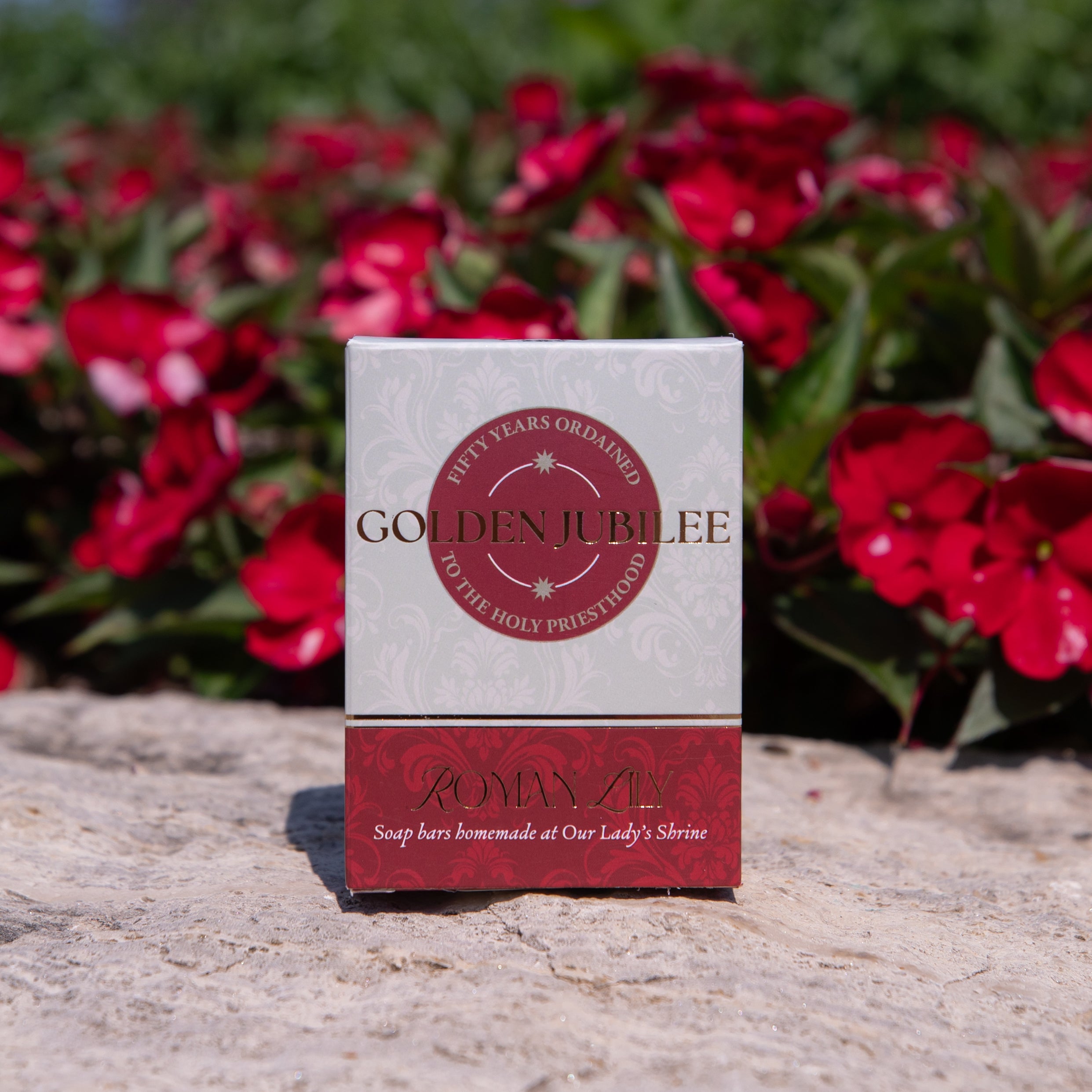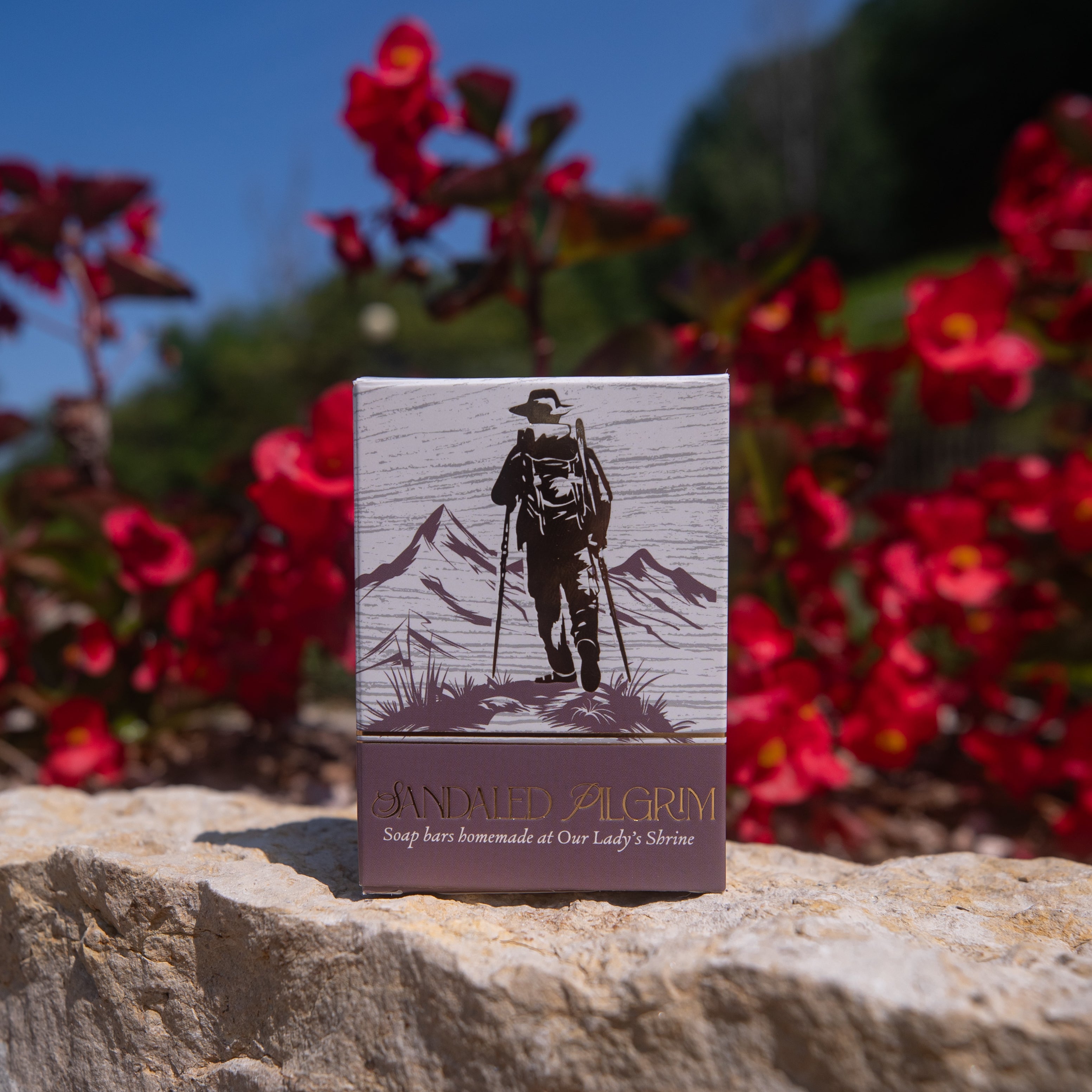Saint Pio of Pietrelcina was given the wonderful gift from God of receiving the Stigmata - the wounds of Our Lord on his own body. He was ordered by his superiors never to show them to anyone, unless they specifically ordered him to do so. These wounds, which he was forced to keep hidden, were excruciatingly painful. It can be distressing to suffer in silence, not being able to receive the compassion one deserves from one’s neighbors and friends. To be so alone is inhuman.
However, Our Lord says, “Do not let your left hand know what your right hand is doing” (Mt. 6:3). Is it possible to keep one’s sufferings hidden from oneself? While it would not be virtuous to live in denial of one’s own suffering and woundedness, that same pain can become a key to heroic virtue when kept hidden. There is a time and a place for telling each other about one’s burdens, and a time and a place for denying ourselves and helping others. It is all too easy to withhold one’s aid from another simply because one did not feel like it.
Aid comes in many forms - from helping someone carry or fix something, to keeping a lonely friend company. To rise to the occasion even when one is in physical or emotional pain - this could be patience to a heroic degree, if only in a very little way. Start small. It does not have to be a tremendous or difficult deed. If one can do it in the little things, there is a greater possibility of doing it in the greater things, and becoming a more reliable friend to others. Most importantly, in so doing one can become a more reliable friend to God, for “as you did it to one of the least of these My brethren, you did it to Me” (Mt. 25:40). Saint Padre Pio did so. “Go and do likewise” (Lk. 10:37).





